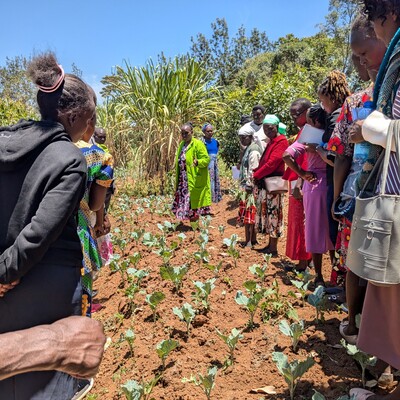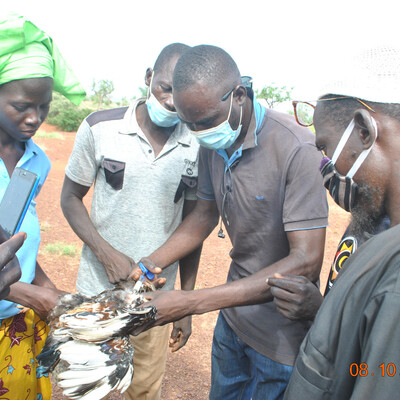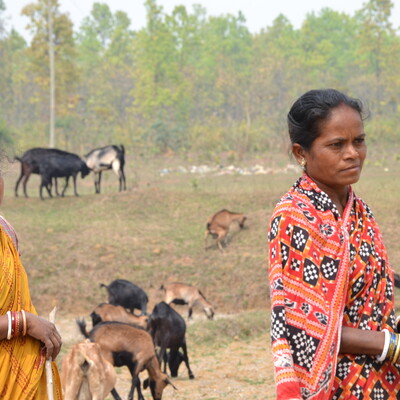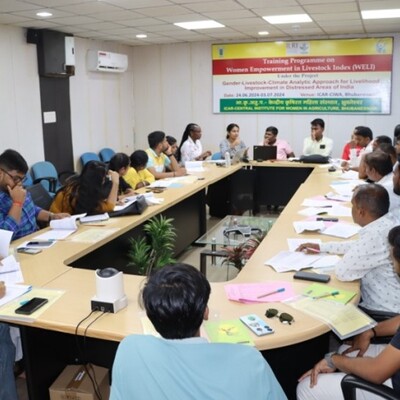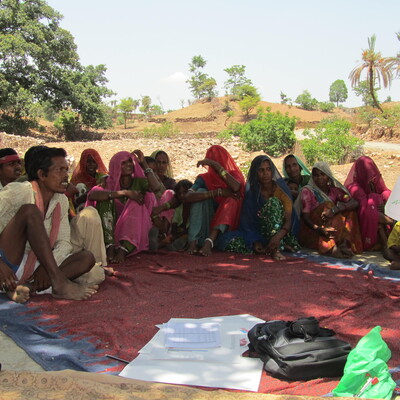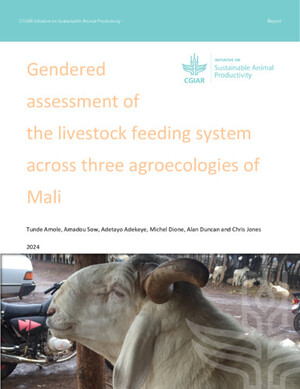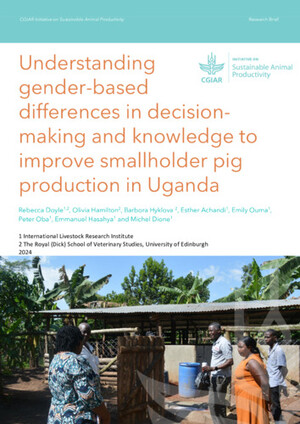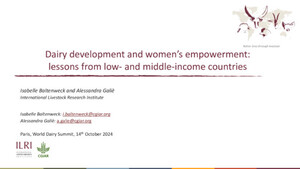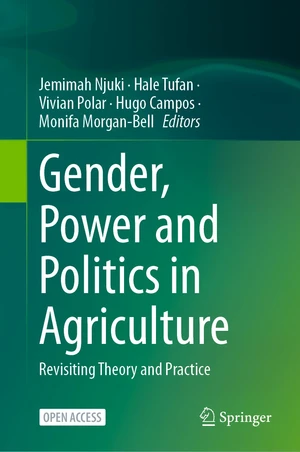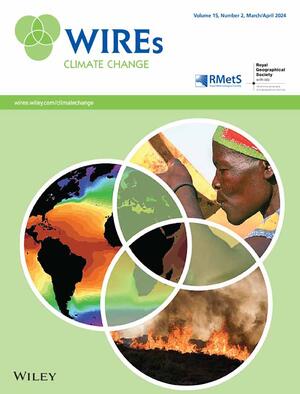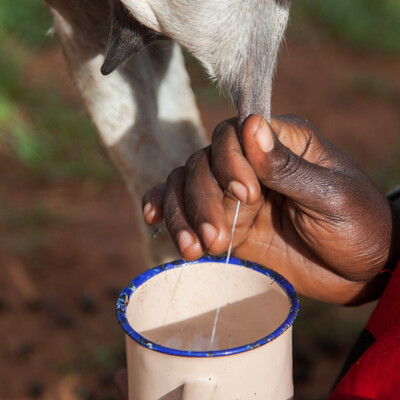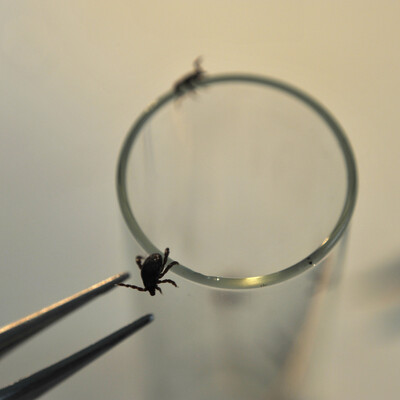
African chicken genetics project to empower women in Tanzania

Rehema Mwatemba, a gender specialist working with the African Chicken Genetic Gains program in Tanzania, explains how the project’s interventions with promote gender equality and empower women.
Why is it important to focus on gender in a development program such as ACGG?
Gender is defined as socially constructed norms and ideologies that determine the behaviour and actions of men and women. It has repeatedly been observed that these behaviours and actions disproportionately influence access to resources, participation in decision-making and ownership of resources.
Development interventions are much more equitable when they consider the different needs, constraints and opportunities of both men and women. Compelling evidence suggests that inclusive strategies are also far more effective and sustainable. Recognition of women’s valuable and distinct skill sets and knowledge can help to shape policies and programs that contribute significantly to both economic growth and equity objectives.
What gender-specific interventions have been planned for the ACGG program?
We will carry out purposive interventions to address behaviours and actions of men and women that undermine poverty eradication so that the project to deliver wealth creation. A gender-specific intervention that has been proposed is women empowerment which is a process of knowledge gains and action among men and women to address the disempowered position of women.
This work can already be seen through the activities undertaken in the innovation platform in Tanzania. We recently gave a presentation on how the program will address gender issues and it was well received by participants. Gender equality, equity and women’s empowerment is a core objective of the program.
View the presentation:
Read more about gender work in the ACGG project here.





